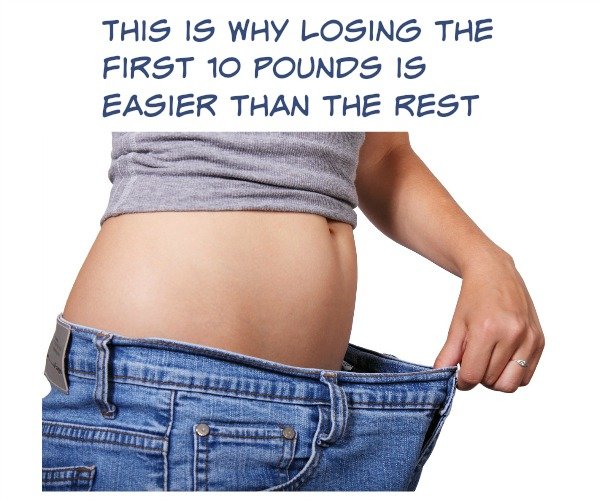Written by: Wallace Merriman

Many people that decide to go on a diet are able to rapidly lose 5-10 pounds within a short period of time. However, losing the next 10 pounds takes much longer, or, in some cases, never happens.
If you have experienced this plateau in weight loss, it’s not because you became lazy all of a sudden, so don’t give up! There is a scientific reason your first few pounds of weight loss were relatively easy: Introducing glycogen, the energy source ready and available for use at all times, stored in your muscles and liver as sugars.
Due to the chemical properties of glycogen, for every gram of glycogen stored in muscles or the liver, another 3 grams of water are stored as well. When you exercise, or when you limit your caloric intake, the body utilizes its glycogen stores, slowly depleting them. For each gram of glycogen used, another 3 grams of water are depleted as well.
Let’s say you start dieting and slash 550 calories per day from your diet. This is about 4000 calories after a week, or a 1000 gram deficit (4 calories per gram of carbs). Your body will utilize 1000 grams of glycogen instead of the uneaten carbs. Using these 1000 grams will also release 3000 grams of water. Together, that works out to 4000 grams, or 8.8 pounds of weight lost!
Unfortunately for dieters, the human body has a limited amount of glycogen stores. The majority of the energy in our body is stored as fat. Now here’s the kicker: each gram of fat stored in the body needs just 1 gram of water instead of 3. That’s why when your diet reaches the point where it starts burning fat, weight loss seems to slow down.
